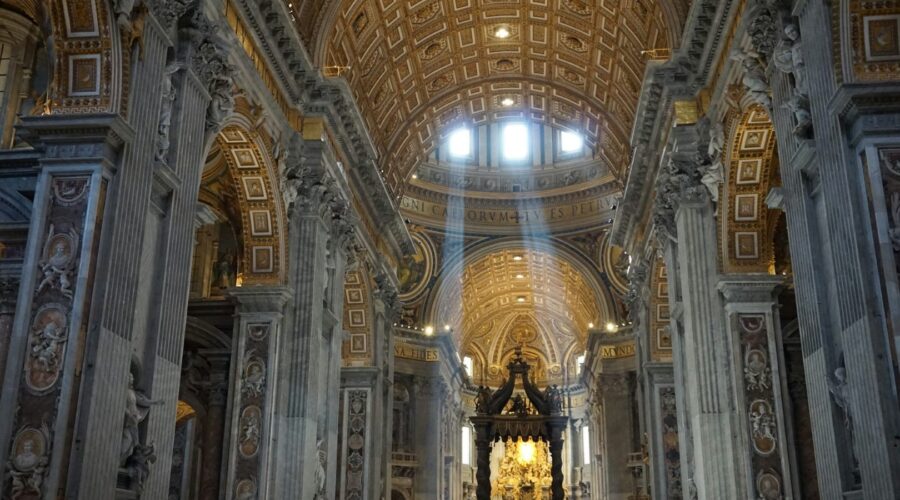Your cart is currently empty!
The Enduring Legacy: Exploring the Profound Impact of the Black Church

The black church stands as a beacon of resilience, faith, and cultural expression within African American communities. Its roots extend deep into the past, shaping the lives and identities of generations. From its humble beginnings to its contemporary manifestations, the black church has played a pivotal role in shaping the African American experience.
Historical Foundations
Origins in the Antebellum South
The origins of the black church date back to the antebellum South, where enslaved Africans were denied participation in white religious institutions. In response, they established their own clandestine gatherings, often held in secret locations like plantations or forests. These early gatherings provided a space for spiritual solace, community building, and resistance against oppression.
Post-Emancipation Growth
Following the abolition of slavery, black churches experienced a period of rapid growth. Freedmen and women flocked to establish their own independent congregations, eager to exercise their right to religious self-determination. These churches became hubs for social, economic, and political empowerment.
Core Principles and Beliefs
Spirituality and Faith
At its core, the black church is a spiritual institution. It emphasizes a strong belief in God, Jesus Christ, and the Holy Spirit. Services are often characterized by emotional intensity, expressive preaching, and soulful music.
Community and Belonging
The black church serves as a vital center of community. It provides a sense of belonging and support for its members, offering a wide range of social programs, educational opportunities, and support groups.
Social Justice and Activism
The black church has a long history of social justice activism. Its leaders have played instrumental roles in the fight for civil rights, voting rights, and economic equality. Churches often serve as rallying points for protests and provide a platform for community leaders.
Contemporary Manifestations
Diversity and Growth
Today, the black church is a diverse and vibrant institution, reflecting the evolving nature of African American society. Some churches have embraced more traditional approaches, while others have adopted contemporary styles and innovative ministry models.
Urban Ministry
Urban churches play a crucial role in addressing the challenges faced by inner-city communities. They provide essential services such as food pantries, housing assistance, and youth programs, aiming to uplift and empower marginalized populations.
Global Impact
The influence of the black church extends beyond the borders of the United States. It has inspired similar movements around the world, particularly in Africa and the Caribbean. Black churches have played a significant role in the development of theology, music, and social activism in these regions.
Challenges and Opportunities
Changing Demographics
The black church faces challenges due to changing demographics and cultural shifts. Declining membership and the influx of non-African Americans into historically black churches have raised questions about the future of these institutions.
Financial Sustainability
Financial sustainability is another concern for many black churches. They rely heavily on donations from their congregations and may struggle to meet operating expenses. Finding creative ways to generate revenue while maintaining their core mission is essential.
Adapting to Modern Society
To remain relevant in the 21st century, the black church must adapt to the demands of modern society. This includes embracing technology, addressing social issues, and meeting the needs of a diverse and changing community.
Conclusion
The black church has played an indispensable role in shaping African American history, culture, and spirituality. Its enduring legacy is a testament to the power of faith, community, and social activism. As the church navigates the challenges and opportunities of the present, it will undoubtedly continue to be a vital force in the lives of African Americans and beyond.